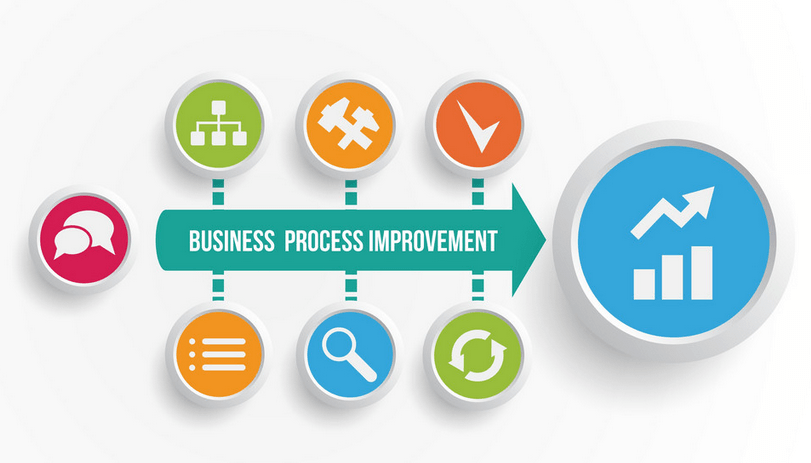Benefits of Employee Certifications for Organizations
As global organizations continue to hunt for professionals with particular skills, certification provides a clear cut way to ensure employees – current and future – have the knowledge and talent needed to help progress their career transformation.
Given digital’s incredible rate of progression and the current expansion of workforces, incorporating certification into a workplace means introducing consistent, measurable and industry-recognized standards. Employees know what to expect and how they measure against their peers while employers gain a workforce that feels invested in resulting in increased sales and repeat business. As work environments continue to evolve –e.g. Flexibility, mobility, leadership development and performance management – learning is one of the biggest factors to the culture of an organization.
According to Deloitte’s Global Human Capital Trends 2016 more than 8 in 10 executives view learning as an important or very important issue. Employees at all levels now expect dynamic, self-directed and continuous learning opportunities.
Despite this many learning and development organizations are struggling with internally focused and outdated platforms and static learning approaches.
This is not only a problem of skills development, but also one of engagement. In today’s highly competitive global economy and intensely competitive talent market, companies that do not constantly upgrade skills and rapidly build leaders will not be able to execute their business plans.
For high-performing organizations that are adapting to this new learning culture, their L&D teams are building internal knowledge sharing programs, developing easy-to-use portals and video sharing systems and promoting collaborative experiences. A big part of this is continuous learning and professional qualifications that can go some way to improving employee learning and provide long-term success through:
- Improved staff efficiencies: Certified staff are more conducive and perform better. A recent survey that explored the value of IT certification found that those with a certification were 90% more productive and 60% more efficient compared to those without.
- Improved productivity and reduced cost: Employees with certifications tend to stay with organizations longer, reducing hiring costs and minimizing disruption to the business. With 41% of companies3 stating a bad hire can cost at least $25,000 while a quarter claim that figure is more like $50,000, a qualification can go a long way to mitigating those type of losses.
- Invest in an employee’s future: Offering learning and development opportunities that add value to an employee’s skill-set and knowledge places value on their future.
- Enable employees to own their career development: A continuous and flexible program that leads to certification can enable individuals to own, self-direct and control their learning. By supporting a self-directed program that caters to an individual’s needs you will develop the talent of your business which will allow your organization to innovate.
- Promote wellness & trust : A study by the American Psychological Organization found that while the majority of workers were satisfied with their job overall, only half said they were satisfied with the growth and development opportunities (49%) and employee recognition practices (47%). This indicates that employees that feel valued by their employer are more likely to be engaged in their work and ultimately are more willing to stay.
- Create brand advocates: Employees that are valued and happy in their jobs can become valuable assets to an organization. Employee advocates that share news of the organization across social media networks and promote the working environment, learning programs and culture can not only help to retain existing employees, but also help to attract new and skilled talent.
- Superior business agility: Up-skilling staff with professional certifications makes an organization more agile and serves to improve performance. With digital transformation now a priority for many companies rather than an add-on, staff that respond quickly, keep on top of trends and embrace shifts in technologies are key.


